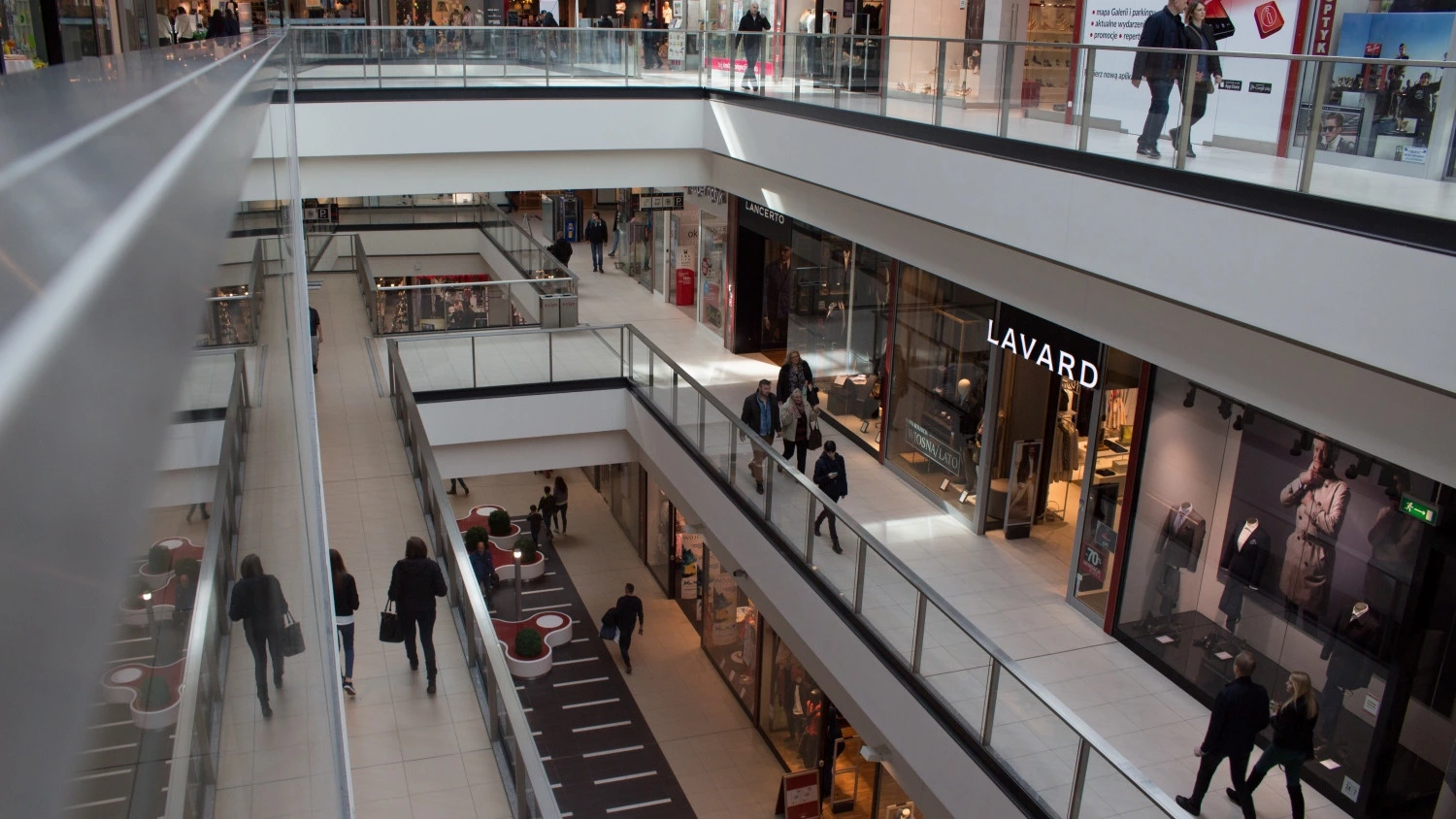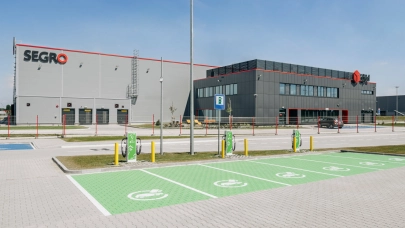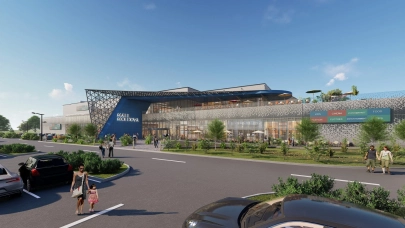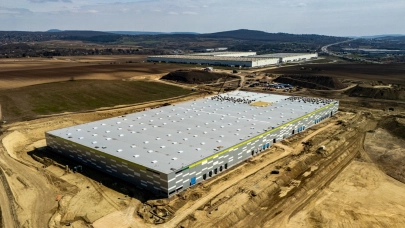
Poland's retail market is seeing a slowdown in the pace of shopping centre construction, the growing popularity of the convenience segment and mixed-use projects, as well as further synergy of traditional shopping and technology, according to JLL’s market summary for 2019.
“Although shopping centres remain the most widespread format, developer activity in this segment continues to decline. 169,000 sqm in shopping centres were delivered in 2019, whereas 100,000 sqm more had hit the market the year before. This result shows the diversification and maturity of the Polish market”, explains Joanna Tomczyk, Senior Analyst at JLL.
The largest retail schemes opened in 2019 included the Galeria Młociny shopping centre in Warsaw (78,500 sqm of retail space), and the Stara Ujeżdżalnia shopping centre in Jarosław (25,300 sqm). At the same time, however, 56,000 sqm were withdrawn from the country's retail stock, due to several Tesco shopping centre closures. As a result, total retail stock in Poland, covering large scale formats, was 14.6 million sqm at the end of 2019 with 422 shopping centres accounting for 10.2 million sqm, and a total shopping centre density of 266 sqm per 1,000 inhabitants.
“Currently the total under-construction volume of shopping centre space to be completed by the end of 2021 stands at 217,000 sqm. However, a growing number of developers are diversifying their portfolios by focusing on other formats. Last year stock in the form of retail parks and retail warehouses grew by nearly 210,000 sqm, a 29% increase in 2018. 2019 was also fruitful for smaller convenience centres with a record 138,000 sqm being delivered - the best ever result”, adds Joanna Tomczyk.
Digitization - a fork in the road?
"The faster pace of life, demand for high-quality products, higher awareness, as well as the growing importance of technology, digitization and online sales means that retail chains have to adopt new strategies. This can be seen not only among fashion chains but also in the food sector, where operators are investing in innovative solutions. These include "click and collect" stores, online stores, formats promoting bioproducts as well as self-service checkouts”, comments Anna Wysocka, Head of Retail Agency at JLL.
A good example of this strategy is the Biedronka discount chain which is testing premium formats and introducing self-service checkouts after occupying some of the locations vacated by the Piotr & Paweł chain. On the other hand Lidl, in order to counteract the drawbacks of the Sunday trading ban, has opened an online shop, and run a marketing campaign encouraging customers to shop on Saturdays. Żabka has been developing the concept of “the store of tomorrow”, using elements of artificial intelligence and advanced algorithms, and Carrefour opened its first “Carrefour Express” self-service store with 24/7 access and vending-machine style service, as well as trialling two new formats: Carrefour Bio and Supeco. Such a highly competitive market is quite a challenge for shopping centres which must now be more than just points of sale.
“The development of omnichannel is the reason why shopping centres are becoming e-commerce players too, via increasingly sophisticated websites, onsite digital interfaces, and mobile communications with customers both in the mall and beyond. This is the situation, for example, with the Unibail-Rodamco Labs, an entity dedicated to digital innovation, that has successfully piloted a number of programs aimed at making it easier to shop and dine in the company’s shopping centres”, adds Anna Wysocka.
Debuts and rents under control
“Demand for modern retail space in Poland is generated primarily by the largest retail chains looking for attractive locations. This group represents a stable expansion strategy, but without quantitative pressure from subsequent openings. This is reflected in the stable number of debuts by international brands. In 2019, 20 international brands opened their first stores in Poland, including the iconic brand Hermes from France, fashion giants Monki and Weekday from the H&M Group, and Under Armour from the USA”, says Anna Wysocka.
Last year prime rents remained relatively stable peaking at €135/sqm/month in Warsaw (up to €60/sqm/month in terms of sub-prime rents), while in regional cities they ranged between €45-60/sqm/month.
Investment market
“In 2019 the value of the retail investment transactions in Poland exceeded €2 billion. This result is well above the annual average of around €1.5 billion recorded between 2009 and 2018. Unlike in 2018, when 75% of the total value was made up of transactions completed in the first half of the year, 2019's highest activity was recorded in the last quarter of the year when investors finalized sale/acquisition contracts worth €1.14 billion”, comments Andrzej Bzowski, Senior Financial Analyst, JLL.
In 2019 the market was dominated by portfolio deals – Cromwell’s finalized its pre-emption right for a shopping centre portfolio; Atrium sold Atrium Felicity in Lublin and Atrium Koszalin to the ECE European Prime Shopping Center Fund II (€298 million) and EPP acquired the second tranche of M1 shopping centres.
Prime shopping centre yields achievable for best-in-class, dominant, major schemes in Poland currently stand at 4.9%, while prime retail parks are expected to trade in the region of 6.8%.



